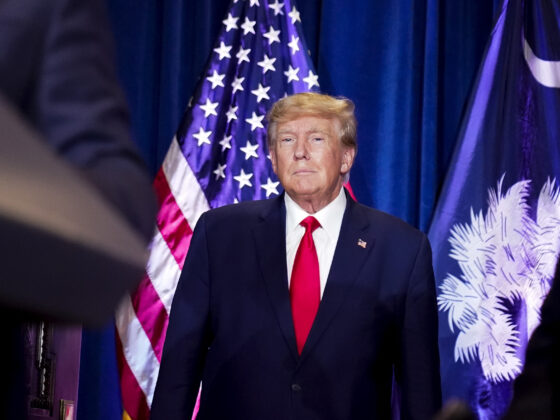A deputy governor at the Bank of England (BoE) said the UK may need a digital British pound as he discussed whether the collapse of crypto exchange FTX would influence the country’s decision to issue a government-controlled digital currency.
Cunliffe said Monday he understands the concerns about the FTX debacle and the central bank’s work on a central bank digital currency.
“Over the past few days, I have had a few comments both to the effect that the collapse of FTX shows that we need to get on and issue a digitally native pound – and to the effect that FTX shows that we do not need to do so,” Cunliffe said at a conference at the Warwick Business School in Coventry, England.
FTX in particular is “emblematic of these new technologies and the possibility that they might revolutionize financial services and the forms that money takes,” Cunliffe said.
After a liquidity crunch led to its collapse, Sam Bankman-Fried’s multibillion-dollar crypto enterprise filed for bankruptcy on Nov. 11.
Cunliffe said crypto needs to be regulated in the UK to protect consumers and investors, ensure financial stability and enable innovation. He previously called for crypto regulations to be rolled out.
Parliament is considering legislation that would regulate crypto as financial instruments and give regulators – like the BoE – more control. By passing the bill, the BoE would regulate firms that issue stablecoins, which are digital tokens backed by stable assets like the dollar.
According to Cunliffe, the central bank will start a consultation on stablecoins next year to figure out “what’s needed in terms of corporate structure, governance, accountability, and transparency” to meet other financial system standards.
“The FTX example underlines how critical these aspects are,” he said.
The BoE is also exploring issuing a digital pound. Creating a “digitally native pound” is motivated by trends in payments, Cunliffe said, “including the decreasing role of cash and more generally the growing digitalization of daily life.”
“Our approach as regulators should be open – by which I mean we should be prepared to explore whether and if so how the necessary level of assurance equal to that in conventional finance could be attained. But we should also be firm that where it cannot, we are not prepared to see innovation at the cost of higher risk,” Cunliffe said.














